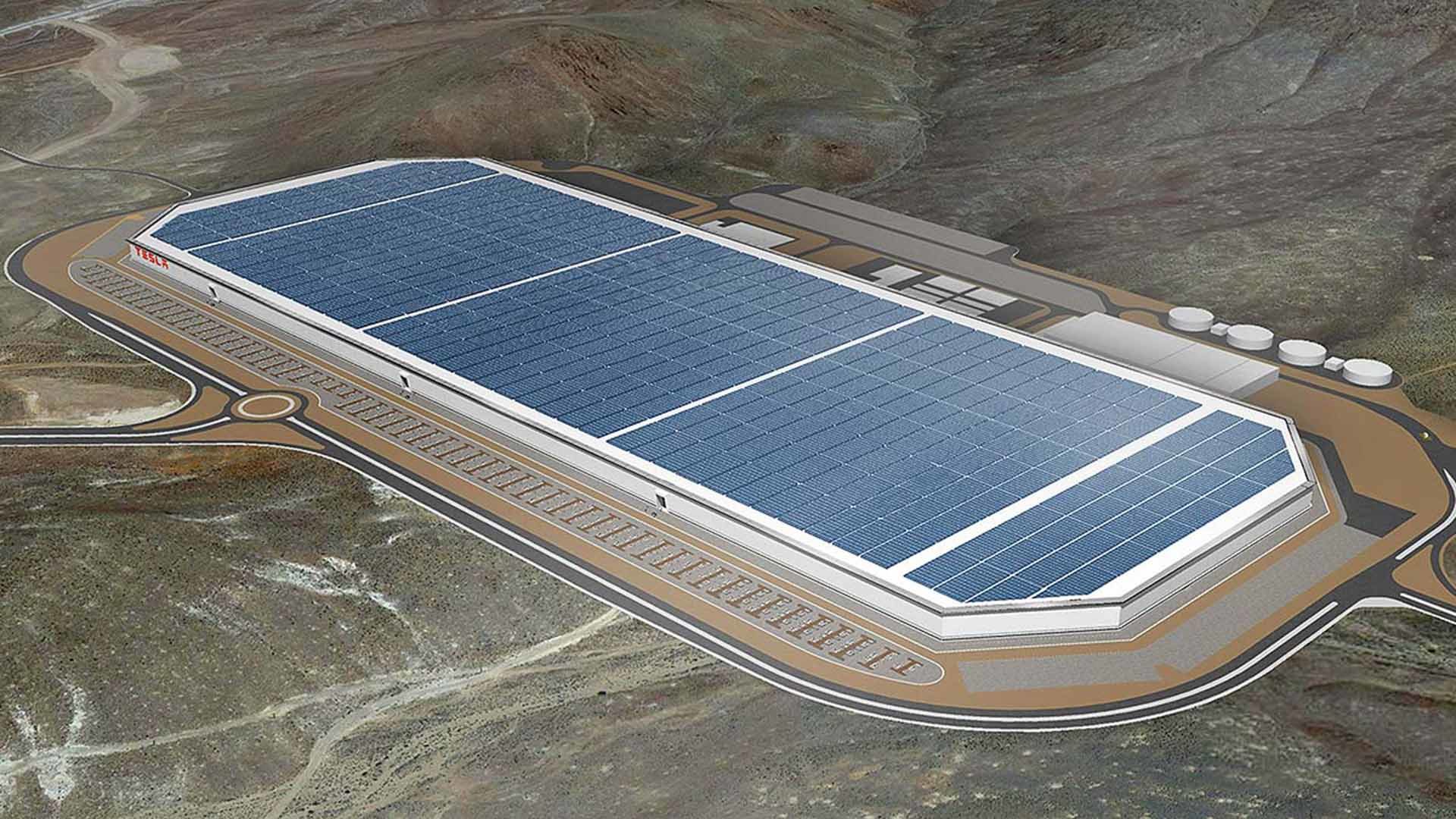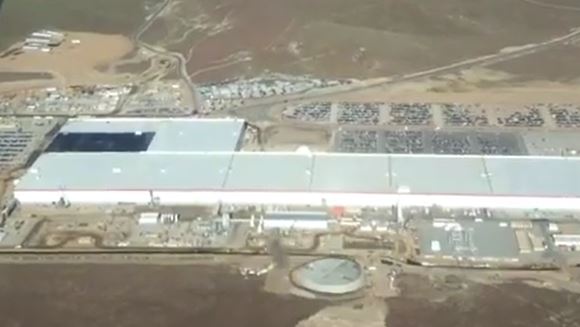

Richard Peberdy, UK head of automotive for KPMG, said: “The need for a higher percentage of an electric vehicle to be sourced from within the UK or EU poses a significant challenge, especially as battery production is still in its infancy within Europe.”Īfter the collapse of British Volt, which planned a vast battery factory in the North East of England, Britain’s only existing EV car battery capacity is owned by Nissan.Ī report last week from the Policy Exchange think tank said the Government’s “erratic” meddling in industrial policy was partly to blame for Britain’s ailing car industry.

The necessary plants to make electric motors and process minerals, let alone the vast gigafactories needed to hit the targets, are all a long way off. However, the phase in of the tariffs has coincided with an industry-wide shift to EVs and auto companies have struggled to stand up their supply chains in time to meet the deadline. The tariffs were originally proposed as a way to avoid Britain becoming a backdoor for cheap Asian cars being imported into the EU and undercutting local manufacturers. Both parties are likely to want a resolution given the importance of cross-border trade to the car industry. Negotiations between the UK and EU are understood to be progressing slowly, but Whitehall insiders are cautiously optimistic. Officials in Whitehall are now scrambling to avert a “cliff edge”. “We need more time for this transition and we would therefore appreciate political support, together with our British partners, in this matter,” chief executive Ola Källenius said last week.Ĭountry-mate Volkswagen has also urged officials to push back the deadline.Ī spokesman said: “The automotive industry in the EU has stated that it sees difficulties in meeting the next phase of rules of origin (from 2024) and would welcome the extension of the current rules of origin for battery cells, battery packs and electric vehicles until the end of 2026.”īMW, which manufactures in Britain under the Mini brand, is understood to also support a delay. Now Mercedes joined the calls, becoming one of the first major German manufacturers to publicly speak out. JLR, Ford and Stellantis, which owns Vauxhall, all raised the alarm about the looming deadline. The industry fears that the massive price hikes will crush sales, warning that jobs would be lost without action.īritish manufacturers last month publicly called for Westminster and Brussels to delay the tariffs. Under new “rules of origin” that will come into force from January, 45pc of the value of an electric vehicle (EV) must originate from either the UK or European Union.Ĭars that fail to achieve this threshold will be hit with a 10pc tax if shipped to the EU from Britain, or vice versa. Mercedes and Volkswagen have this week joined other car marques in calling for the EU to delay the introduction of new rules that will hit cross-border trade with Britain. German car makers are ramping up pressure on Brussels to avoid a post-Brexit “cliff edge” for the auto industry as officials in Whitehall race to strike a deal.


 0 kommentar(er)
0 kommentar(er)
